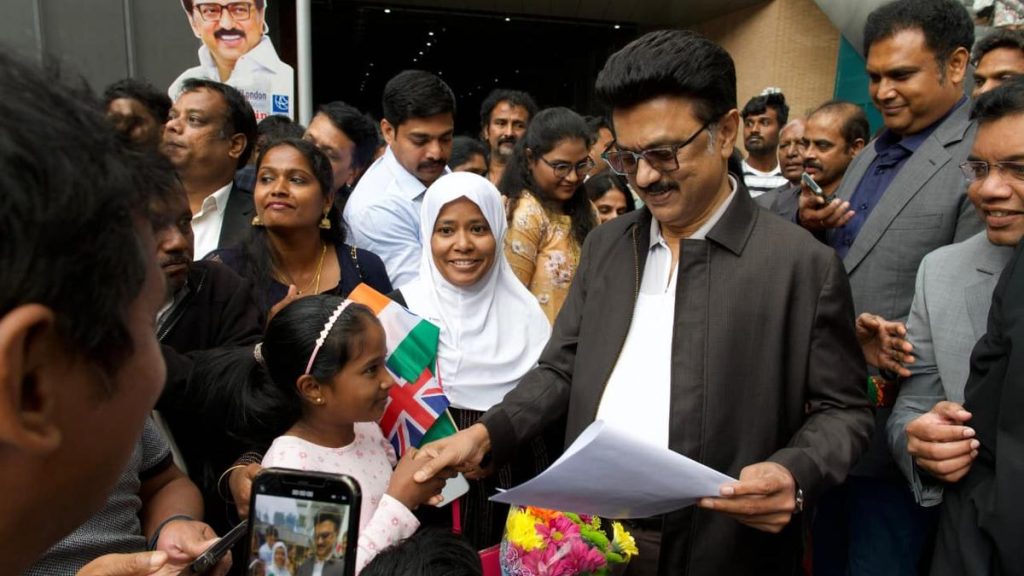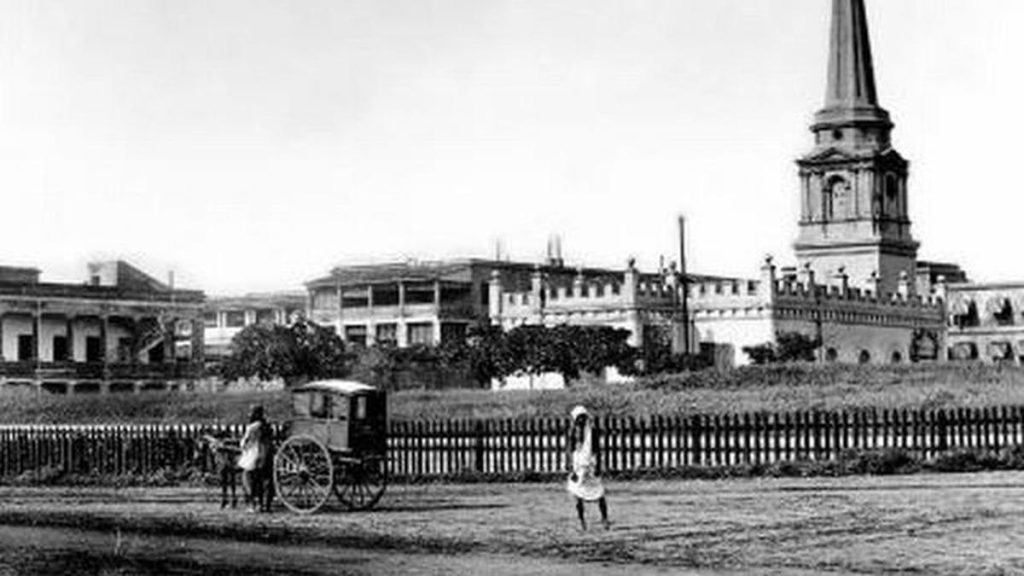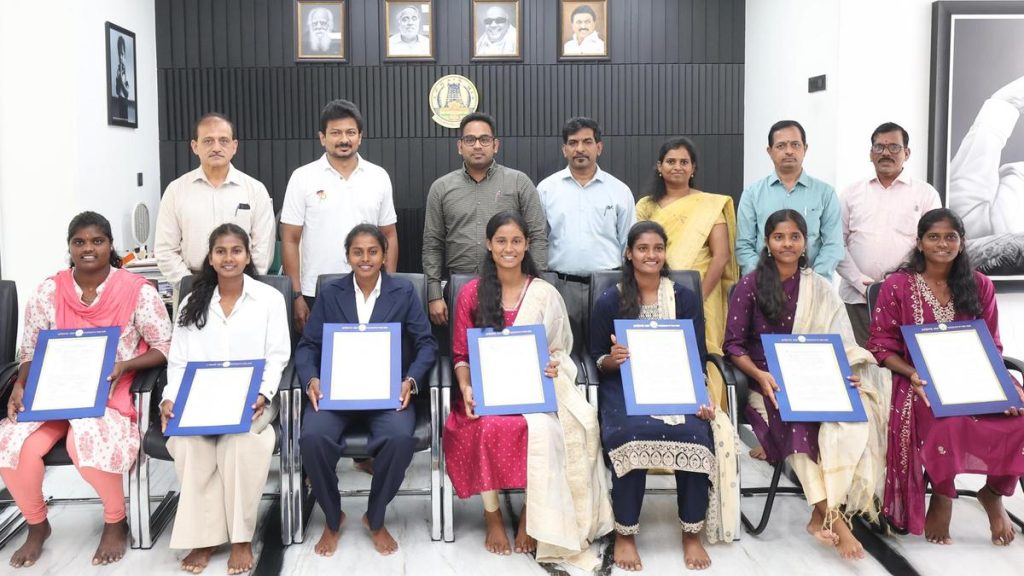Now Reading: Vattavada Set for First Election Boycott in 31 Years
-
01
Vattavada Set for First Election Boycott in 31 Years
Vattavada Set for First Election Boycott in 31 Years
Quick Summary
- The Vattavada grama panchayat in Idukki district, near Munnar, will witness an election boycott after 31 years.
- Tribal leaders (Ooru Kootam) from Swamiyaralakudy and koodallarkudy wards decided to abstain from local body and Assembly elections, citing unmet demands.
- Their main demand is the construction of a road connecting five tribal settlements (swamiyaralakudy, Koodallarkudy, MeleValsappettykudy, Vayaltharakudy, and Parasukkadavu).
- The allocated funds for the road were reportedly diverted due to objections by the Forest department. Tribespeople allege that the Forest department illegally controls revenue land critical for progress.
- There are approximately 330 families across Swamiyaralakudy and Koodallarkudy wards lacking basic infrastructure like roads.
- In July, a tribal woman was carried on a bamboo stretcher for six kilometers due to absence of ambulance access in remote terrain within Anamudi Shola National park.
- A similar boycott in 1984 led to development projects like school and road construction.
Indian Opinion Analysis
The decision by tribespeople in Vattavada Panchayat to boycott elections underscores deep-rooted infrastructural neglect faced by indigenous communities. Despite sporadic developmental efforts following past boycotts (e.g., 1984), the lack of consistent follow-through has reignited protests. Central to their grievance is connectivity via roads-a critical lifeline that not only enhances access but also saves lives.Conflict with environmental authorities further complicates resolution efforts as development initiatives compete with conservation policies. While ecological preservation remains vital given India’s vast biodiversity reserves like Anamudi Shola National Park, addressing human rights impacts on vulnerable groups is equally critically important. Election boycotts may pressure authorities into action but should ideally lead to collaborative solutions balancing both community needs and environmental priorities.
























